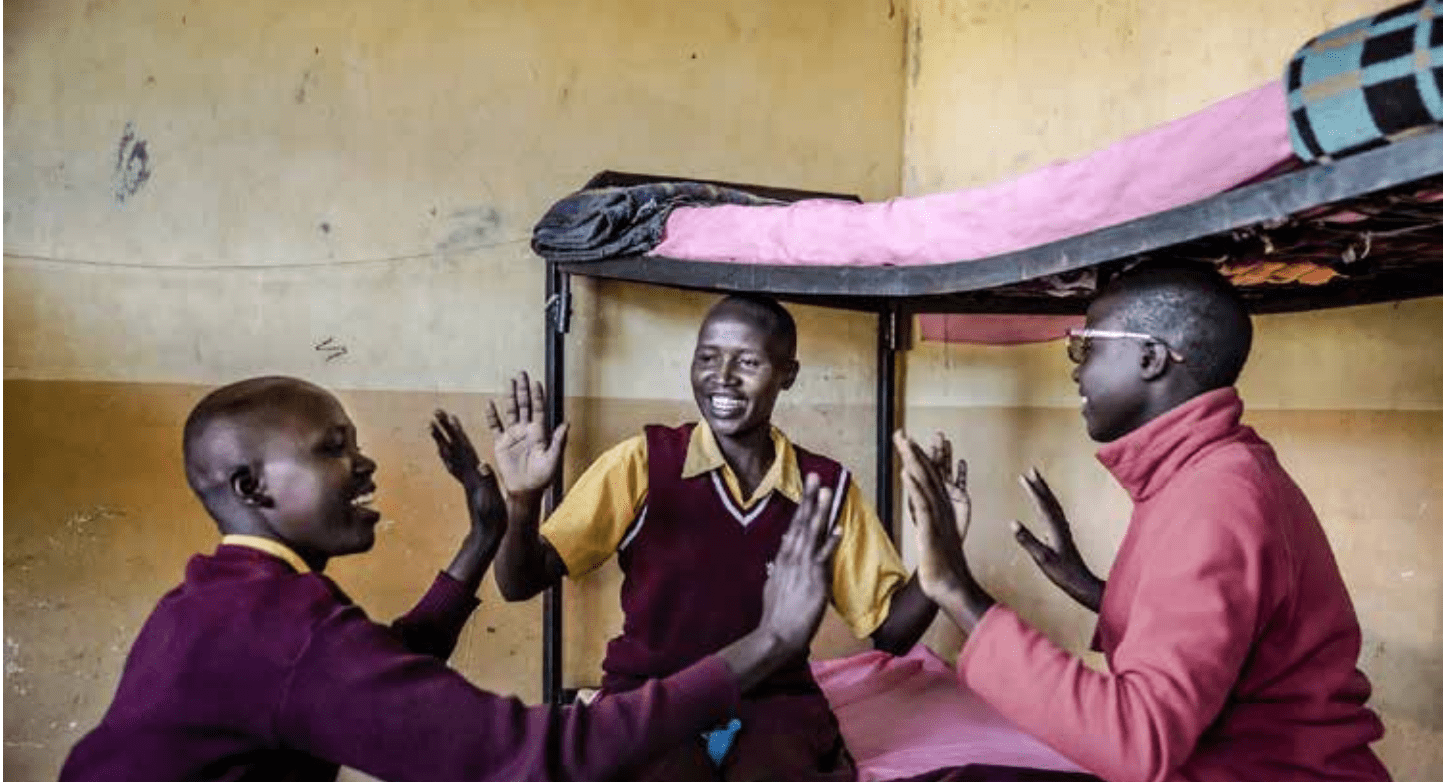The onset of menstruation can undermine girls’ human rights and push them to the vulnerable margins of society. It is not always an exciting affirmation of rich womanhood.
In many places around the world, menstruation is believed to signal that girls are eligible for marriage, or sexual activity, and child bearing which leaves them exposed to a host of violations, including child marriage and sexual violence.
The silence, myths and taboos around the subject of menses obscures the painful experience of women and girls. In 2016, a report funded by the Bill & Melinda Gates foundation found that only 50% of Kenyan girls felt they could openly discuss menstruation at home. Aversion and negativity in society degrades and traumatizes girls already weighed down by a deeper need to understand their bodies. Last year, a girl was reported to have committed suicide after her teacher subjected her to unsavory comments about her periods.
The menstruation predicament has been the cause of physical violence against women and girls in communities and households. Dysmenorrhea or painful periods sometimes associated with back pain, nausea, diarrhea and headaches impact on women’s and girls’ ability to perform their duties. This can be misconstrued for laziness for which they are subjected to punitive actions, including beating.
Social and cultural norms linked to women’s menstrual experience lead to economic violence and deprivation. For instance, communities that bar women from participation in livelihood activities during menses deny them crucial economic opportunities. Some communities believe that crops would wither if cultivated by a woman experiencing the monthly flow.
In Kenya, one in ten girls misses school due to periods. Demographic surveys in the country have consistently established a link between the incidence of intimate partner violence and low education and economic ability. Women and girls who cannot exit from the paralyzing cycle of poverty as a result of low education have higher chances of suffering violence.
The Covid-19 pandemic has compounded inequalities and worsened violence against women and girls. With job losses and cutbacks reported across most sectors of the economy, many women and girls have been left unable to meet their hygiene needs. A gender rapid assessment of the Covid-19 pandemic in Kenya conducted by UNFPA, UN Women, CARE International and Oxfam has revealed that over 90 percent of women and girls have reported a decrease or no access to menstrual hygiene products.
The Government of Kenya has made laudable progress so far in combating period poverty. The launch of the Menstrual Hygiene Management Policy this year amidst the restraining Covid-19 environment, one of its kind in Africa, is a starting point of hope for women and girls in Kenya. The State Department for Gender Sanitary Towel Distribution Programme, anchored on amendments to the Basic Education Act 2013 is yet another initiative that has enabled many girls to stay in school, protecting them from a dehumanizing narrative of degrading survival and sexual exploitation.
Alleviating period poverty should occupy the mainstream of conversations to fund anti-gender based violence interventions in the country. Prevention of violence against women and girls calls for radical and courageous shifts in social and gender norms. Consistent collection of credible data will invigorate advocacy voices to honour the aspiration of women and girls to live free from period poverty!


